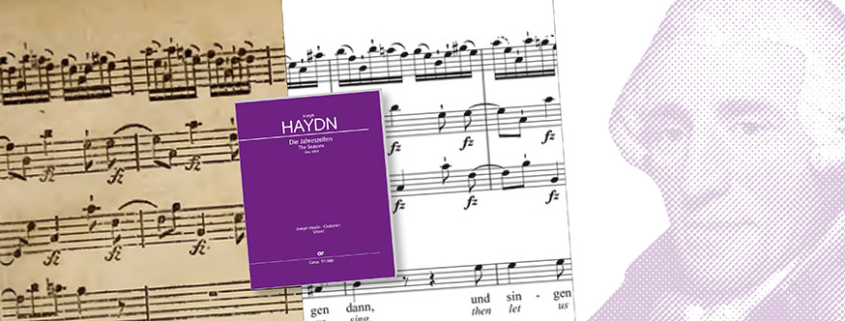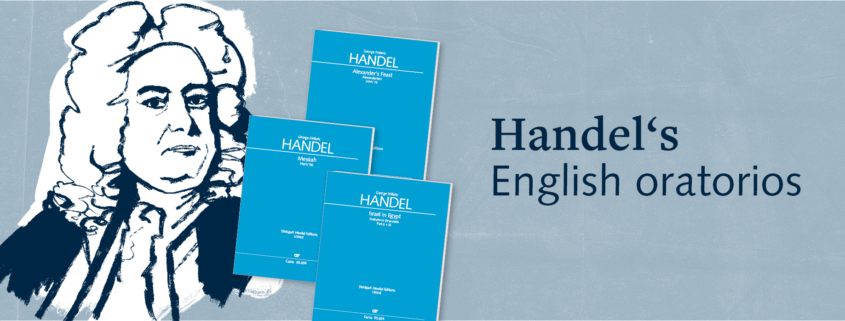George Frideric Handel: well connected in Great Britain
Although George Frideric Handel was born in 1685 in Halle an der Saale, he is now admired above all as an English composer. But he was a cosmopolitan. He travelled with enthusiasm throughout Europe and lived in several different cities. In 1710, he moved to London. Here he devoted himself first and foremost to studying the English language, music, and culture – but he also composed constantly and very successfully. But read for yourself!





